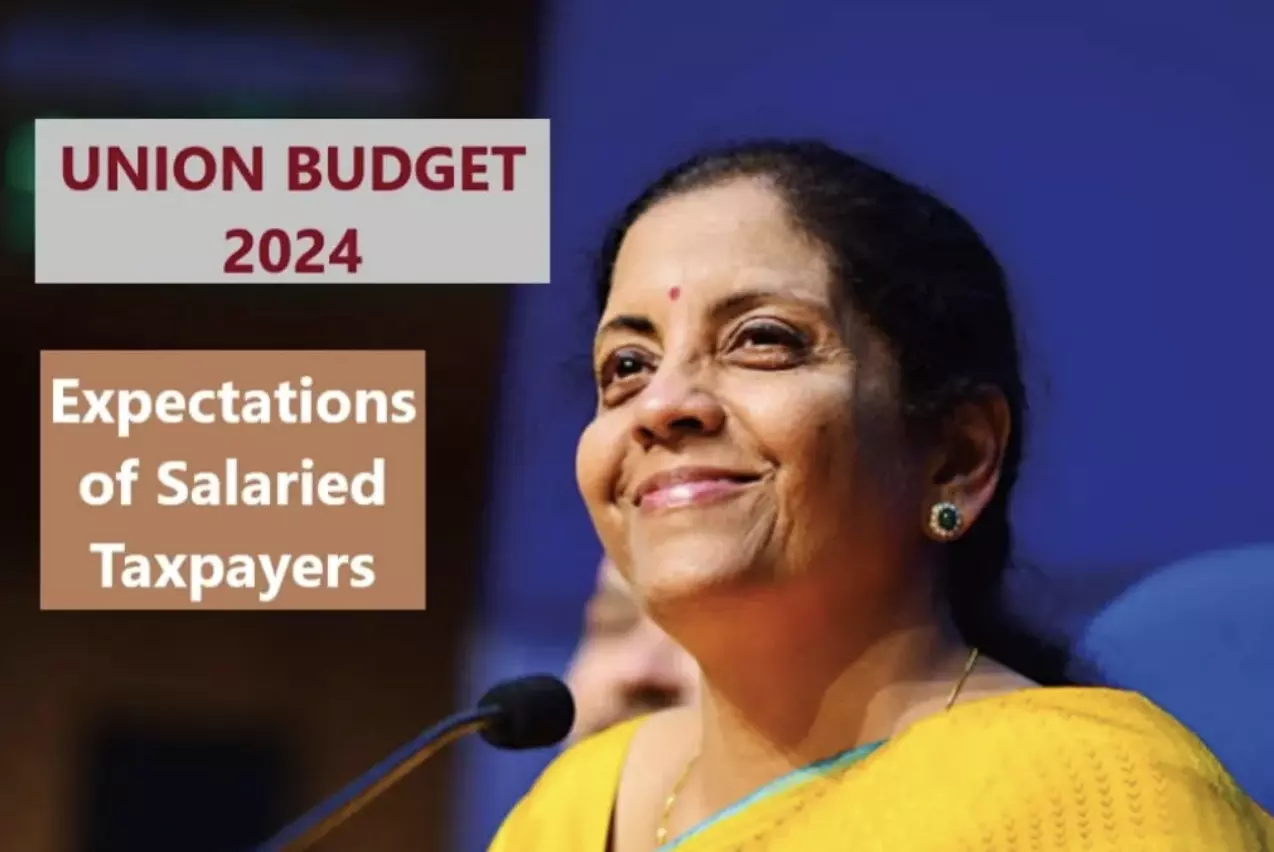Budget 2024: What's in store for salaried individuals? Changes in tax slabs?
The budget, characterized by a lack of significant policy announcements due to the impending Lok Sabha elections, is expected to shed light on the government's fiscal plans for the year ahead.
image for illustrative purpose

The budget, characterized by a lack of significant policy announcements due to the impending Lok Sabha elections, is expected to shed light on the government's fiscal plans for the year ahead.
One of the focal points of interest is the revision of income tax slabs. Taxpayers have expressed concerns about the complexity of the existing slabs and the need for adjustments to account for inflation and rising living costs. As the 2024 budget approaches, there is anticipation of possible changes to provide relief to common taxpayers. This could involve an increase in the basic exemption limit, aiming to alleviate the tax burden on individuals with lower incomes. Furthermore, the government might consider introducing new slabs to create a more progressive tax structure, aligning with the evolving economic landscape.
The digitization of financial systems is expected to take center stage in the 2024 budget. There is an anticipated emphasis on enhancing digital infrastructure and leveraging technology for income tax compliance and administration. Potential reforms may include the introduction of advanced data analytics and artificial intelligence tools to streamline the tax assessment process, improving efficiency and ensuring a fair and transparent tax system.
India's thriving startup ecosystem might receive targeted tax incentives and reforms in the upcoming budget. Potential measures could include tax breaks for research and development activities, easier access to capital through tax credits, and a friendlier tax environment for early-stage startups. These changes aim to encourage innovation, job creation, and overall economic growth.
Addressing the concerns of businesses and individuals, the 2024 budget may introduce measures to simplify the tax filing process and reduce the compliance burden. This could involve the implementation of a more user-friendly tax portal, clearer guidelines, and increased support for navigating the complex landscape of tax laws.
With wealth inequality gaining prominence globally, the budget might explore reforms in the wealth tax domain. Options could include revising wealth tax rates, expanding the scope of taxable assets, or introducing a progressive wealth tax structure, aiming to generate additional revenue and promote a more equitable distribution of wealth.
As the nation eagerly awaits the unveiling of the budget, the anticipated income tax reforms stand as a pivotal factor shaping the economic landscape. While these expectations provide insights into potential reforms, it is essential to remember that the final budget may bring surprises and unexpected policy shifts, impacting the nation's economic trajectory in the year ahead.

